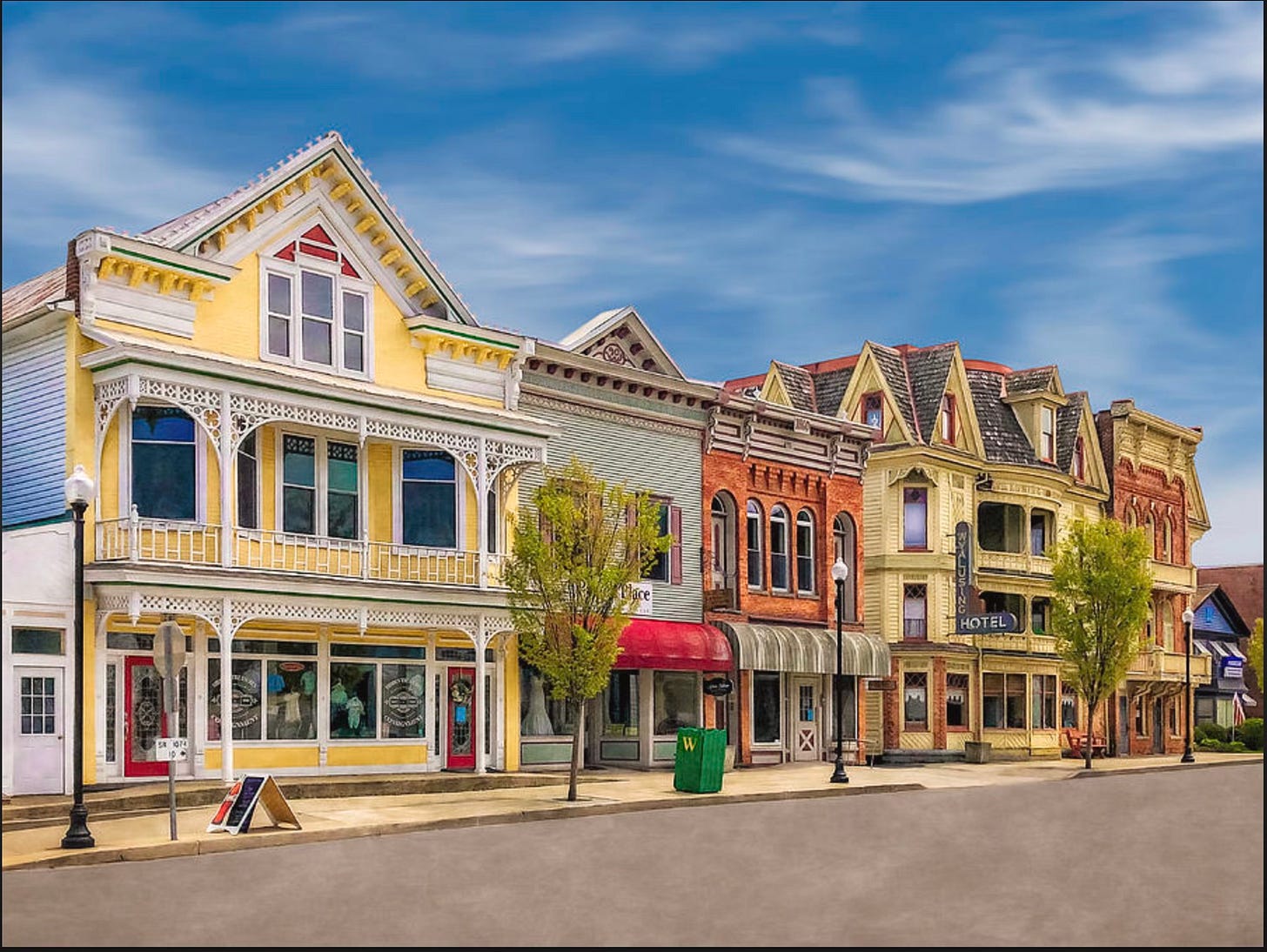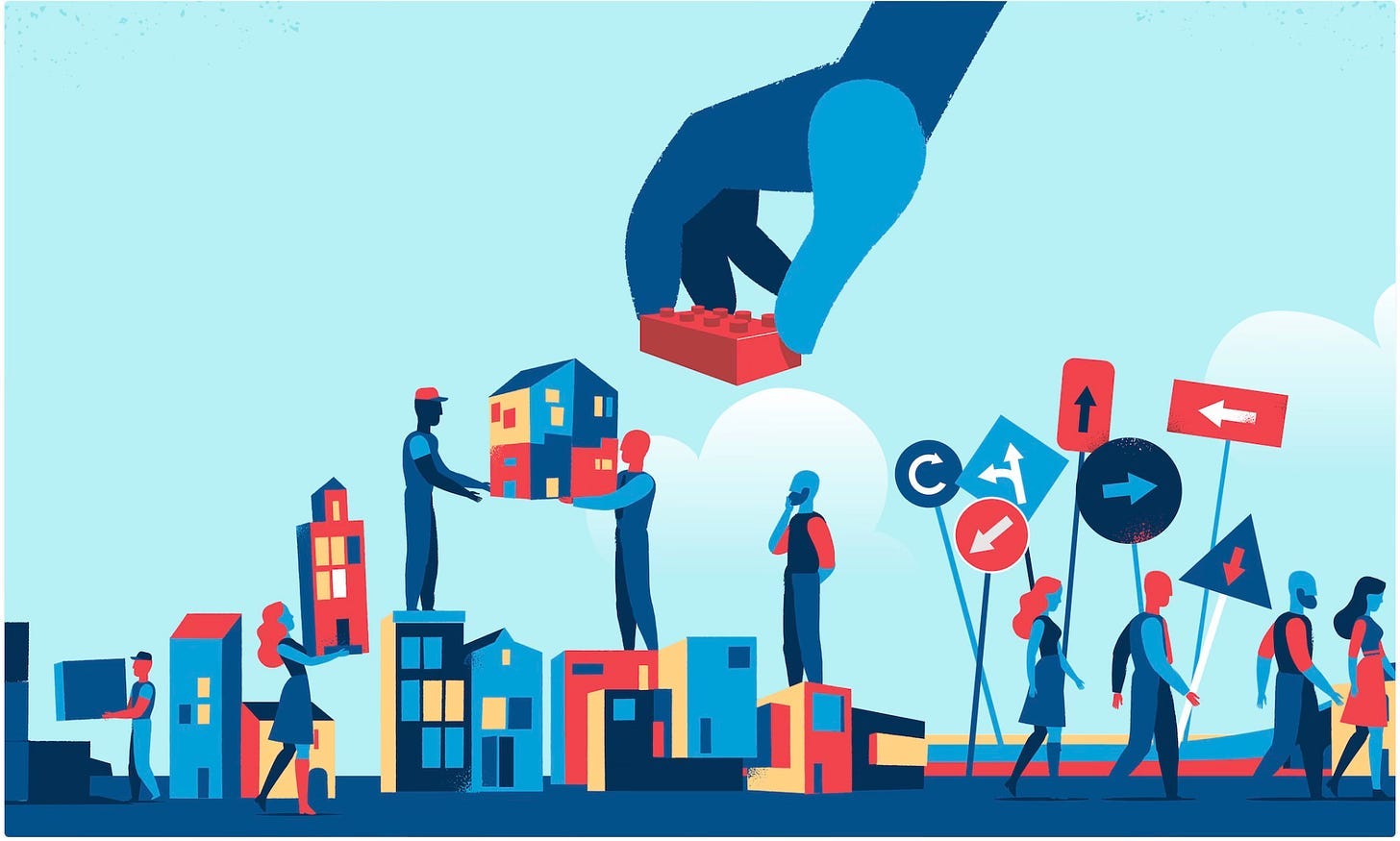What is a policy institute? Simply put, it is a collection of people with the necessary expertise in various disciplines discussing an issue and developing policy recommendations for a community, business sector, or nation. Examples of just such Policy Institutes range from the Brookings Institute, Mises Institute , CATO Institute, The Gravel Institute , The Institute for Policy Studies , and Heritage Foundation to name just a few. These institutes range the socio-economic gambit of disciplines. These institutes are often more colloquially known as “Think Tanks”. We wish to use Windham Pathways: Connecting Generations in a similar fashion as these institutes operate in the public-private sphere of society. However, ours will be a local grass-roots organization drawing on the broad base of people within the Town of Windham and the wider Mountain Top Region of the Catskills. And who better to understand our Town and region than our own Residents? We can think of no one who is more qualified to discuss major policy development in this community than our own residents in this matter.
That is why our October 16th meeting is so important to the future of Windham and the entire Mountain Top region. Our goal is to start this open dialogue process where our community can find a unified voice in our new and important endeavor to build this sports complex for the Mountain Top Little League— we can think of no better test case for introduction than this issue.
Windham Pathways: Connecting Generations:
Our Long Term Goals:
Developing A Broad Group Of Local Expertise:
The facts are simple: we in this community and this broader Mountain Top region have a wealth of expertise that can be used to explore not only this issue—but many more in the future. This new organization is the framework which we can use to build the necessary links between socio-economic groups found within our Town and its Region’s borders. We have the human capital — the necessary skill sets of our population to make this endeavor not only possible, but practical as well.
Studying Practical Issues:
We as a group should look at the practical issues facing our region. Issues such as this Little League Sports Complex are perfect examples of this type of practical application of human capital resources. Practical Issues such as this Little League Sports Complex also come with concrete type results that affect the entire community.
Creating A Stronger Community:
We also hope that in this process of developing our policies we will be able to connect to the broader community and engage them in a way that energizes them about the specific issues. Communities with greater input build stronger bonds internally. For example in 2010 Cory Booker then Mayor of Newark[Now Senior Senator of NJ] , then Governor Chris Christie of NJ [Presidential Candidate 2016 and 2024] , and CEO of Meta [Then Facebook] Mark Zuckerberg envisioned sweeping reform for the Newark City Public School System. The proposal was announced on The Oprah Winfrey Show much to the surprise of the educators and residents of Newark , NJ alike. This top-down approach was immediately greeted with community resistance. One of the key deficits of the Zuckerberg Plan for Newark, NJ’s educational reform’s failure was the lack of board community inclusion— As Howard Fuller noted:
“When Booker[Dem. Senator Of NJ] and Christie [Former Governor NJ] decided to do this without the community, that was their biggest mistake,” … Instead of unifying Newark residents behind a shared goal, the Booker-Christie initiative polarized the city.
Using our new organization as a liaison between the people and local government we can create a community that has open access to information and a voice in the process. Thus negating the tendencies for a Top-Down structure to develop in the community when it comes to both resource allocation and information dissemination. Instead we create a horizontal distributive power structure in the community.
Horizontally distributed power will allow all stakeholders in this community an equal footing in the development of policies that concern the entire community. This process will ensure that a greater sense of inclusion and consensus are maintained throughout the policy development phase of any project within the community. Through Data driven community inclusive initiatives we will all better understand how Policies affect our community.
A Private-Public Partnership In Policy Building:
The final goal is the development of a truly inclusive partnership between the private community stakeholders [ townspeople, local businesses, and other NGOs] and the Public stakeholder we call Town Government. Our organization will periodically present policy proposals to the Town Government at Board meetings based on our public meetings. Offer up assistance in the accomplishment of these policies and provide a needed resource for research and development of these policies in all aspects.
The October 16th Meeting
Our Goals:
Present Our Shared Vision:
We want to ensure the general public that our vision for the town of Windham and the future is not one of exclusion but inclusion at all levels of participation. And this grass-roots Policy Institute or “Think Tank” using our local expertise to solve these issues will help to develop a more cohesive and consistent shared vision of the future by all stakeholders in our community.
Develop A Local “Working Committee”:
We want to create a strong local committee of 5-9 members from the various stakeholders directly related to the issues: Mountain Top Little League, Knights of The Road , and Business Owners and Towns People. This committee will meet to develop policies for the development of the Little League Sports Complex and then present them to the rest of the community for discussion and comment. Then these policies will be directly represented to the Town Board.
Maintain A Positive Community Outlook:
Through a policy of inclusion and transparency we will be able to maintain open dialogue, reduce misinformation, and generate overall positive interest in this project. This can be achieved by using Data Driven methods that highlight successes in other projects like ours nationwide—a possible ”Did You Know?” campaign will give easy and accessible data points to the community that shows our project in positive ways.
This is how we develop our Community in a healthy and Democratic Way!
Share
Please Join Us at the Mountain Issues Coalition to discuss and create a vision for this Sports Complex that represents our entire Mountain Top Little League!




